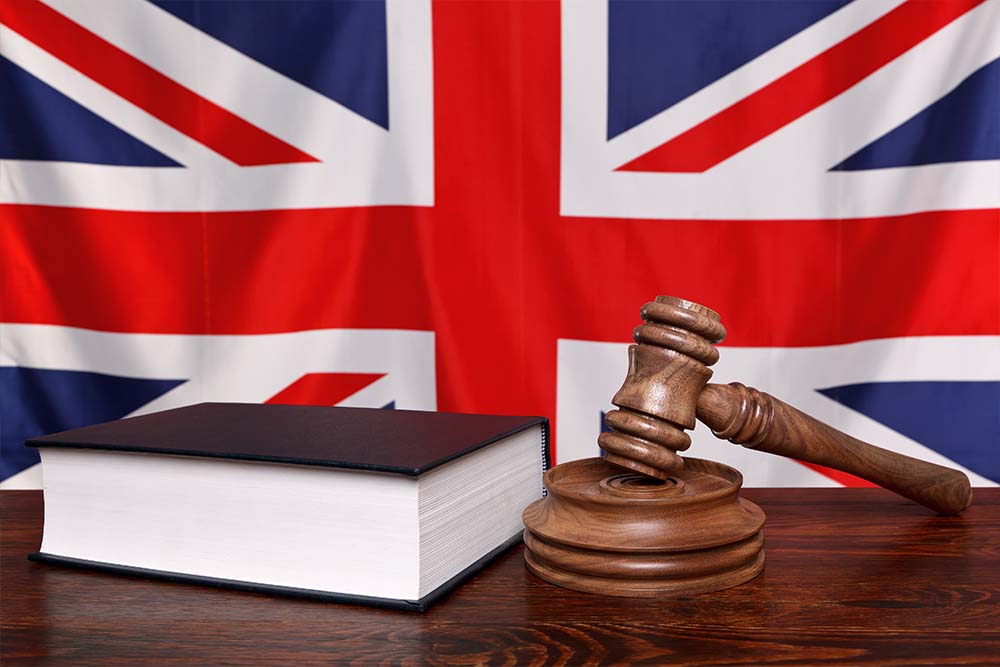UK Passes Controversial Bill to Send Asylum Seekers to Rwanda After Two Years of Challenges
 The UK Parliament has finally passed a highly contentious bill that allows the government to send asylum seekers to Rwanda for their claims to be processed by the East African nation. This move, championed by Prime Minister Rishi Sunak, has been met with fierce opposition and legal hurdles for the past two years.
The UK Parliament has finally passed a highly contentious bill that allows the government to send asylum seekers to Rwanda for their claims to be processed by the East African nation. This move, championed by Prime Minister Rishi Sunak, has been met with fierce opposition and legal hurdles for the past two years.
Sunak presented the policy as a way to deter dangerous Channel crossings by migrants in small boats facilitated by criminal gangs. He hailed the bill's passage, stating it would "break the business model" of these gangs and ensure those arriving illegally cannot stay in the UK.
However, the bill has drawn strong condemnation from human rights groups and the United Nations. The UN High Commissioner for Refugees, Filippo Grandi, highlighted concerns that the policy shirks international responsibility for protecting refugees and sets a worrying precedent. Amnesty International UK condemned it as a stain on the UK's moral reputation and a violation of international legal protections for vulnerable people.
The policy's implementation has been a significant source of embarrassment for Sunak. The government has already invested millions of pounds in Rwanda to fund the scheme, yet it has yielded no results so far. Additionally, the Supreme Court ruled last year that the policy was unlawful due to the high risk of asylum seekers facing ill-treatment in Rwanda.
The judges pointed to Rwanda's poor human rights record, deficiencies in its asylum system, and past failures to comply with non-refoulement agreements – the principle of not forcibly returning refugees to danger. They further noted that the UK government itself criticized Rwanda for human rights violations as recently as 2021.
Undeterred, the government responded by introducing the "Safety of Rwanda" bill. This legislation effectively bypasses the court's concerns by enshrining Rwanda's status as a safe country in UK law. However, legal challenges are still expected, potentially from the European Court of Human Rights (ECHR), as the UK remains a signatory to the European Convention on Human Rights.
The bill's passage was also plagued by delays due to parliamentary wrangling. The two houses of Parliament, the House of Commons and the House of Lords, engaged in a lengthy "ping-pong" process, where amendments were passed back and forth before reaching a final version.
Despite overcoming these hurdles, the policy's political impact for Sunak remains uncertain. Even if it successfully deters small boat crossings, the impact on overall UK migration figures might be minimal. Statistics show that small boat arrivals constituted only a fraction of net migration in 2022.
This raises a critical issue for Sunak and his Conservative Party approaching the upcoming general election. Right-wing parties, particularly Reform UK led by Nigel Farage, will likely exploit the issue of illegal immigration to their advantage. Additionally, if the ECHR blocks deportations, there's a risk of the UK being drawn into a wider debate on leaving the convention, further fracturing the Conservative Party.
The financial aspect of the policy also presents a vulnerability for Sunak. The cost has already reached £220 million, with projections suggesting it could balloon to £600 million after the initial deportations to Rwanda. This opens him up to criticism from both sides of the spectrum – accusations of violating human rights alongside inefficiency and excessive spending.
The opposition Labour Party, currently favored to win the next election, has pledged to scrap the Rwanda policy. This further increases pressure on Sunak and highlights the policy's potential as a political liability.
In conclusion, the UK's controversial bill to send asylum seekers to Rwanda represents a culmination of two years of challenges. While it marks a victory for Sunak in terms of legislative passage, its effectiveness, ethical implications, and potential political fallout remain major concerns. With legal battles likely on the horizon and a general election looming, the future of this policy and its consequences for both the UK and asylum seekers remains uncertain.





























